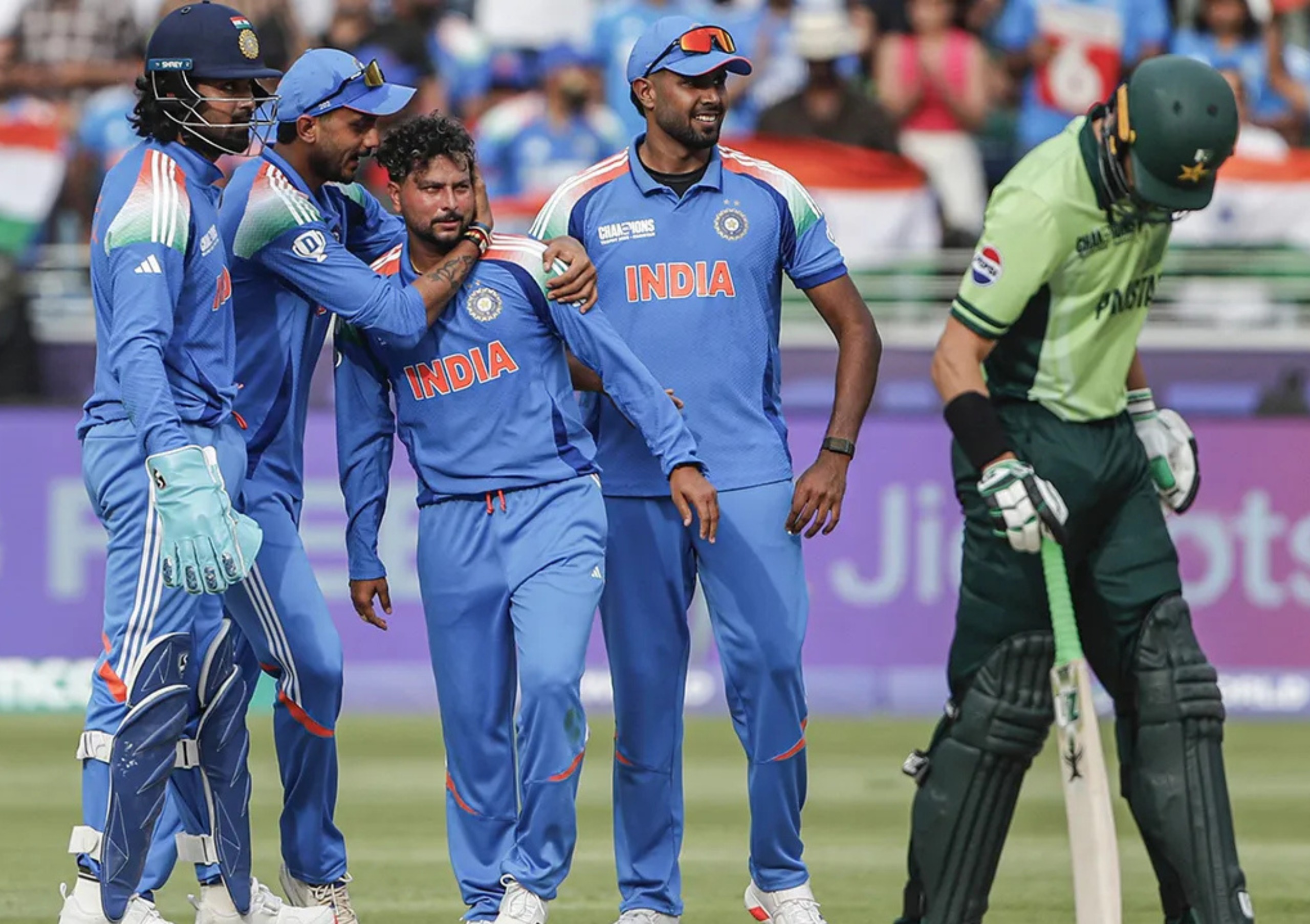
Ahead of the Asia Cup 2025, there is widespread excitement and controversy among Indian cricket fans regarding the highly anticipated India-Pakistan clash. Especially after the Pahalgam attack, the deteriorating relations between the two countries have impacted cricket as well. Scheduled to be held at a neutral venue in the United Arab Emirates on September 14, this match has become a major point of debate in the country’s sports arena.
The Indian Ministry of Sports has put the Board of Control for Cricket in India (BCCI) under pressure to take responsibility for this matter. Although the National Sports Bill 2025 has not yet been passed in Parliament, which limits the government’s direct intervention, the Ministry has urged the BCCI to handle the controversial match decision with utmost seriousness.
On Monday in Parliament, Prime Minister Narendra Modi clearly stated that “Operation Sindoor” is still ongoing, reflecting India’s firm stance against Pakistan. Against this backdrop, public opinion has also turned against the idea of playing the match against Pakistan. Several political parties and social organizations, including the Congress in Chandigarh, have opposed the match, stating that restoring sporting ties with Pakistan is against national security interests. They have raised concerns that Indian sponsors’ money might end up with the Pakistan Cricket Board, potentially supporting terrorist activities. This concern has intensified the controversy in the sports field.
Sources within the BCCI have revealed that the decision to hold the match was reached by consensus at the Asian Cricket Council meeting. As the host nation, India cannot unilaterally change this decision. However, due to political pressure and public sentiment, the BCCI may have to reconsider its position. While the cricket board remains committed under government oversight, it faces the challenge of balancing national security concerns and public opinion.
This situation increases the challenges for both the BCCI and the central government. Concerns and debates among sports enthusiasts across the country about India’s participation in the match are growing. Although the Asia Cup match is an important sporting event, it has become extremely sensitive in political and social contexts. In the coming days, the BCCI’s decisions and government actions will remain the focus of discussions.
uncertainty and controversy surrounding the India-Pakistan match in the Asia Cup continue unabated. Alongside the on-field cricket rivalry, political pressure and public opinion are deeply influencing the match’s outcome and organization. How coordination will occur between the Ministry of Sports, the BCCI, and the government in the coming days will be a significant issue in India’s sports and diplomatic spheres.